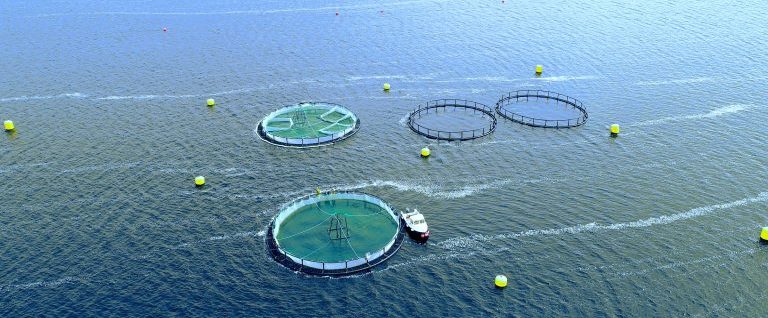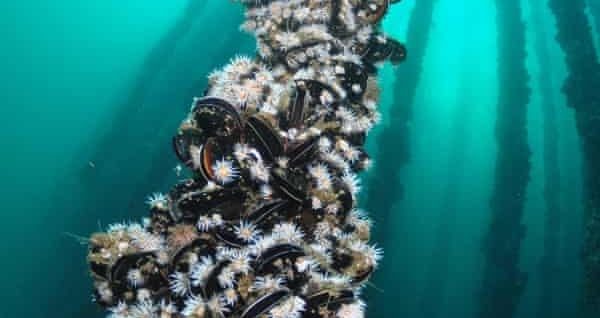By Paul Vousden, Client Development Director at 350 PPM Labour has been elected with a spectacular landslide majority and the country has voted for change, which of course was the campaign message that was relentlessly pursued for weeks on end. The other key themes from Labour were growth and a huge emphasis on achieving net zero and ensuring the UK has renewable energy, sustainable housing and much more focus on cleaner technologies that will support the planet. The challenge for Labour in achieving growth is the lack of public funds available to kick-start new economic activity, so they have spent a lot of [...]
Read MoreIn a recent post on Open Access Government, Coordinator of the Intelligent Management Systems for Integrated Multi-Trophic Aquaculture (IMPAQT) project Frank Kane discusses the path to revolutionising aquaculture and increasing the industry’s sustainability. With research and innovation at its core, the H2020 IMPAQT project brings together 21 multi-disciplinary partners, coordinated by the Marine Institute in Ireland, to develop and validate an intelligent management platform for sustainable integrated multi-trophic aquaculture (IMTA) production. IMTA is a fresh concept in aquaculture where multiple species, from different levels on the food chain, are farmed on the same site, or within the vicinity of each [...]
Read MoreHealthy Kicks Plan To Utilise redundant wave power technology to farm Bivalves and Create Healthy Ecosystem where there were none gains credibility. Can bivalve aquaculture prevent the “widespread institutional failure” of our attempts to tackle climate change? According to The Fish Site, bivalve mollusc farming and microalgal farming enterprises provide viable, profitable and sustainable alternatives to all the industrial carbon dioxide capture and storage technologies being promoted today. “Deep-rooted, widespread institutional failure” is one of the headlines of the Dasgupta Review by Prof Sir Partha Dasgupta, of the University of Cambridge, in the Economics of Biodiversity. Published on 2 February, this detailed review was [...]
Read More

